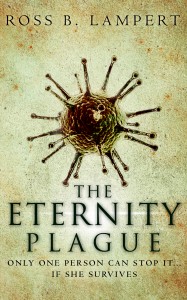The pace of a story is how quickly or slowly it seems to pass for the reader. It may flash by like a fighter jet at an airshow, crawl along at a speed that makes glaciers seem quick, or do something in between.

You already have a sense of pace as a reader, even though you might not be thinking about it. This article and the next one will help you be more aware of a story’s pace so you can evaluate it as you critique the work.
Genre and Pace
While we can make some general statements about pace in different genres in fiction and types of work in non-fiction, at best they’re poor guidelines...
Read More





Recent Comments